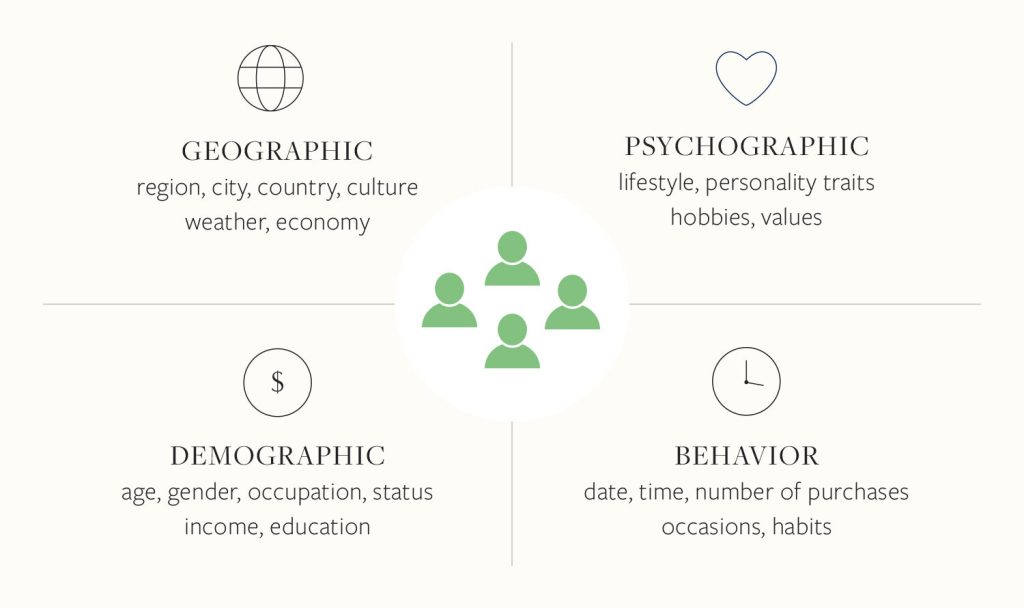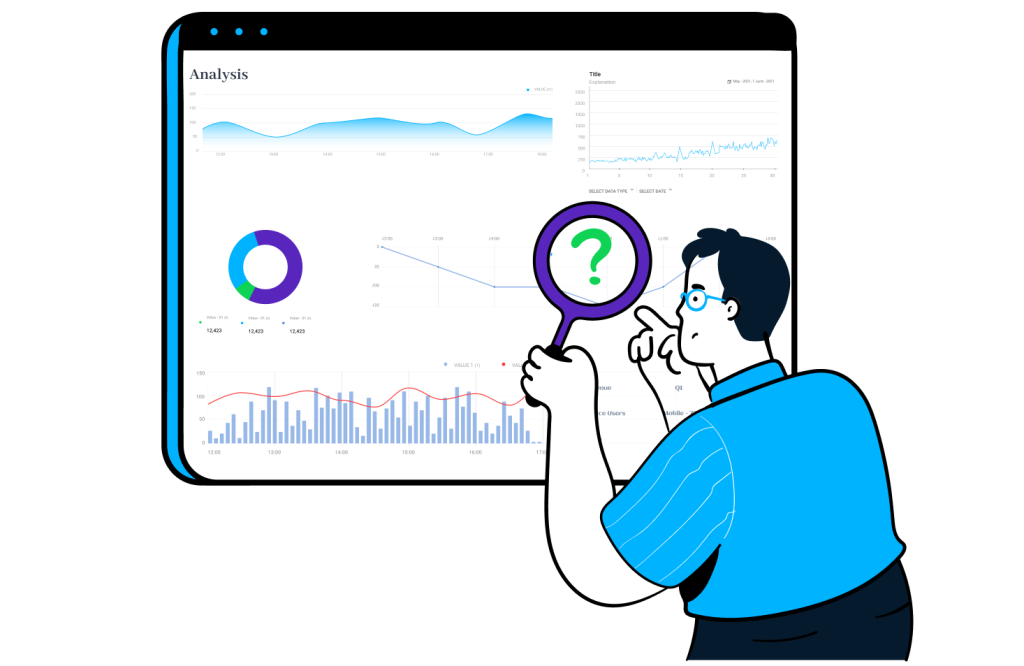The Role of Data in Lead Generation: Best Practices for Data Collection and Management
Lead generation is an essential aspect of any business. It is the process of capturing potential customers’ interest in a product or service and converting them into loyal customers.
However, lead generation is not an easy task. It requires a lot of effort, time, and resources. One of the critical components of successful lead generation is data. In this article, we will discuss the role of data in lead generation and provide best practices for data collection and management.
Understanding the role of data in lead generation
Data plays a crucial role in lead generation. It helps businesses to identify potential customers, understand their needs, and tailor their marketing campaigns to meet those needs.
With data, businesses can develop targeted marketing campaigns that are more likely to convert potential customers into loyal customers.
Data also helps businesses to track their marketing campaigns’ effectiveness and make necessary adjustments to improve their lead generation efforts.
Best practices for data collection
Data collection is the process of gathering information about potential customers. It is an essential aspect of lead generation.
However, collecting data is not enough. The data collected must be accurate and relevant to the business’s marketing goals. Here are some best practices for data collection:
1. Identify your target audience

Before collecting data, businesses must identify their target audience. The target audience is the group of people who are most likely to buy the business’s product or service.
Identifying the target audience helps businesses to focus their data collection efforts on the people who are most likely to become loyal customers.
2. Use multiple data sources

Using multiple data sources helps businesses to get a more comprehensive view of their target audience.
Some of the sources businesses can use for data collection include social media, website analytics, and customer surveys.
3. Use opt-in forms
Opt-in forms are forms that allow potential customers to voluntarily provide their information to the business.
They are an effective way of collecting data as they provide businesses with accurate and relevant information about potential customers who are interested in their product or service.
4. Offer incentives
Offering incentives is an effective way of encouraging potential customers to provide their information.
Businesses can offer incentives such as discounts, free trials, or exclusive content in exchange for potential customers’ information.
Best practices for data management
Data management is the process of organizing, storing, and protecting the data collected. Effective data management ensures that businesses have access to accurate and relevant data to support their lead generation efforts. Here are some best practices for data management:
1. Use a CRM system
A CRM (Customer Relationship Management) system is software that helps businesses manage their customer interactions and relationships.
It is an effective tool for managing data as it allows businesses to store and organize customer information in a central database.
2. Regularly update the data
Regularly updating data is essential for maintaining data accuracy. Businesses should periodically review and update their customer information to ensure that it is up-to-date.
3. Protect data
Data protection is crucial for maintaining customer trust. Businesses should ensure that customer information is stored securely and protected from unauthorized access.
4. Analyze data

Analyzing data is an essential aspect of data management. It helps businesses to identify trends, patterns, and opportunities in their data.
Businesses can use this information to make informed decisions about their lead generation strategies.
Benefits of data-driven lead generation
Data-driven lead generation offers several benefits for businesses, including:
1. Improved targeting and personalization
Data allows businesses to identify potential customers’ specific needs and preferences
With this information, businesses can develop personalized marketing campaigns that resonate with potential customers.
2. Increased customer engagement

Personalized marketing campaigns that are tailored to potential customers’ needs and preferences are more likely to engage them.
This leads to increased customer engagement and a higher likelihood of conversion.
3. More effective lead nurturing
Data helps businesses to identify potential customers who are further along in the buying process.
This allows businesses to develop targeted lead nurturing campaigns that are more likely to convert potential customers into loyal customers.
4. Higher conversion rates

Targeted marketing campaigns that are tailored to potential customers’ needs and preferences have higher conversion rates than generic marketing campaigns.
5. Increased ROI

By developing targeted marketing campaigns that have higher conversion rates, businesses can increase their ROI and maximize their marketing budget.
Challenges with data collection and management
While data is critical for lead generation, there are several common challenges with data collection and management, including:
1. Inaccurate or outdated data
Inaccurate or outdated data can lead to ineffective marketing campaigns and wasted resources.
2. Data silos
Data silos occur when data is stored in separate systems that are not integrated. This can lead to incomplete or inconsistent data that is difficult to use effectively.
3. Lack of data governance
Lack of data governance can lead to data quality issues, security risks, and compliance issues.
4. Security and privacy concerns
Data security and privacy concerns are critical for maintaining customer trust.
5. Difficulty analyzing and interpreting data
Analyzing and interpreting data can be challenging, particularly when dealing with large volumes of data.
Conclusion
In conclusion, data plays a critical role in lead generation. Effective data collection and management are essential for businesses to develop targeted marketing campaigns that are more likely to convert potential customers into loyal customers.
By following the best practices outlined in this article, businesses can collect accurate and relevant data, store and protect it properly, and analyze it to make informed decisions about their lead generation strategies.
By doing so, they can increase their chances of success in the highly competitive world of business.

